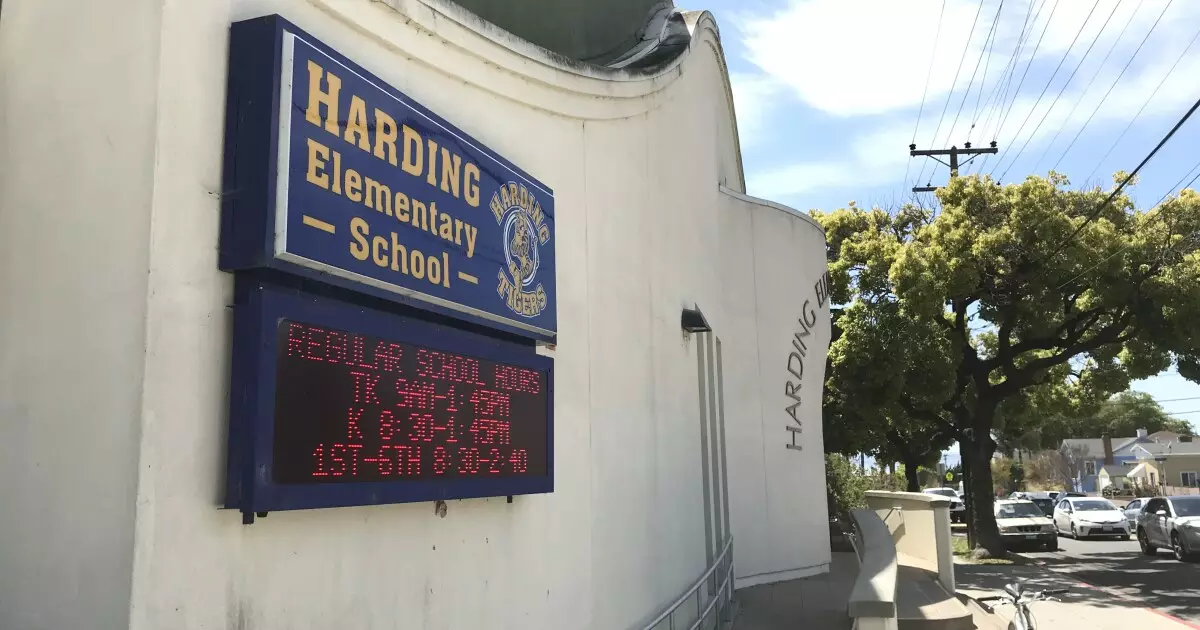The West Contra Costa Unified School District, based in Richmond, California, recently faced a financial crisis when it failed to approve an accountability plan necessary to pass a budget by the end of the fiscal year. This failure prompted Contra Costa County to step in and prepare to take over budget activities. Typically, if a school district does not approve a budget by the start of the fiscal year on July 1, the county education office is supposed to assume control. However, in this case, the county extended the deadline for West Contra Costa Unified School District until its July 17 board meeting to pass a budget.
The root of the issue lied in the local control accountability plan that the school board majority refused to approve at a recent board meeting. This plan outlines the district’s goals to improve student outcomes and the steps it will take to achieve them. Unfortunately, according to reports, the plan presented by the district staff failed to adequately address how it would support vulnerable school populations. Without the approval of the accountability plan, the board cannot move forward to vote on the budget, further complicating the financial situation for the district.
A May report by the state’s Fiscal Crisis and Management Assistance Team (FCMAT) flagged the West Contra Costa school district as being at high risk for fiscal insolvency. This risk stemmed from declining enrollment and deficit spending within the district. The district had projected deficit spending of $6 million for the 2023-24 school year and $6.8 million for 2024-25, exacerbating the financial challenges it faced. FCMAT, which supports financially stressed school districts, had become involved with West Contra Costa Unified School District following a Lack of Going Concern designation issued by the county superintendent of schools in 2023.
The financial turmoil at West Contra Costa Unified School District is not a new phenomenon. Previously known as the Richmond Unified School District, it had defaulted on certificates of participation and even attempted to declare bankruptcy in 1991. These events prompted the state government to take a more active role in assisting financially stressed school districts, leading to the creation of FCMAT. The district has a history of financial stress, with outstanding general obligation bonds and long-term liabilities adding to its financial burdens.
The financial crisis at West Contra Costa Unified School District highlights the challenges that many school districts face in managing their budgets effectively. It is crucial for district leadership to prioritize financial responsibility and transparency to avoid situations like the one currently unfolding. With the support of the county and state agencies, there is hope that the district can navigate through these turbulent times and emerge with a stronger financial footing for the future.

